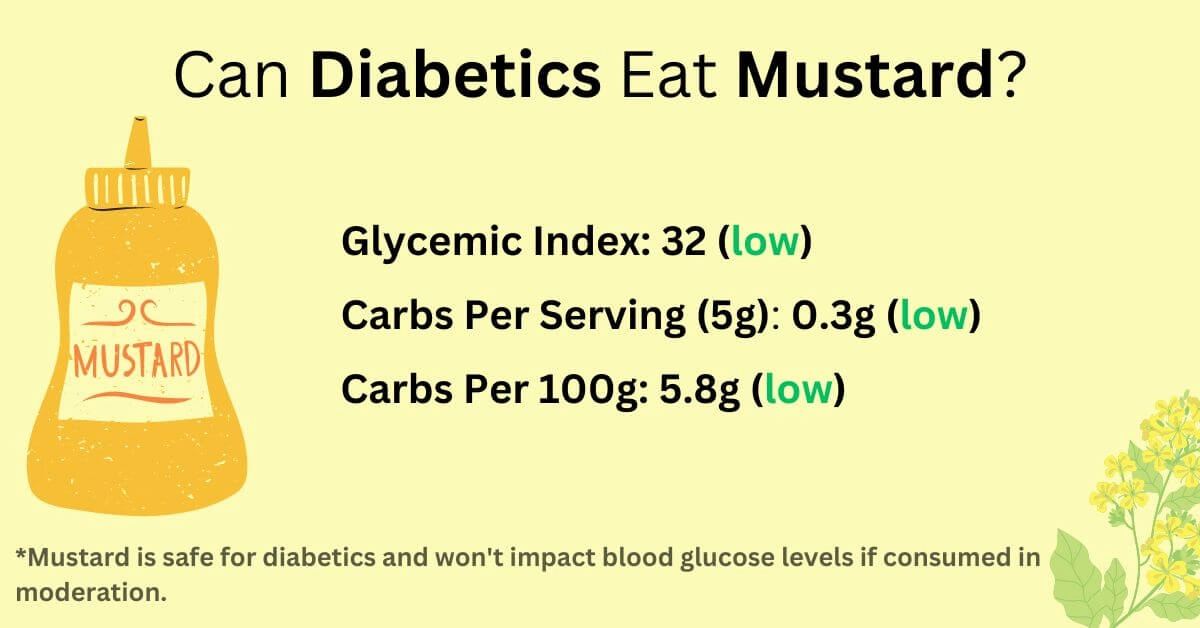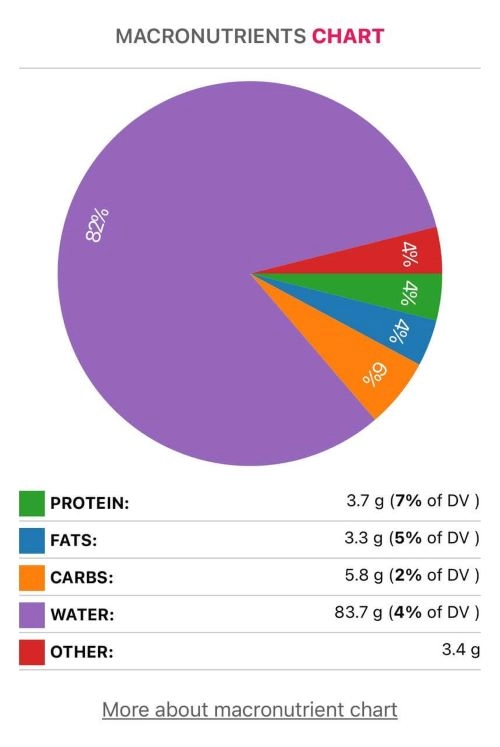Mustard and Diabetes - Is It Good For Diabetics

Introduction
Mustard is a mixture of dried mustard seeds, water, and usually vinegar or other liquids. Here, you will discuss the question, "Is mustard good for diabetes, and should a diabetic person consume it?".
Carbohydrates and Glycemic Index
Overall, in managing diabetes and blood glucose levels, low glycemic index and carbohydrate diets are recommended. There is a link between the number of carbs you consume and your blood sugar levels. Too many carbs, in particular, can cause blood glucose levels to rise, so carbohydrates must be consumed in moderation.
Yellow mustard contains low levels of carbs: 5.83g per 100g and only 0.3g per serving (5g or 1tsp or 1 packet). Mustard falls into the "free" category for a person with type 2 diabetes. The "free" category is widely considered to be foods with fewer than 20 calories and fewer than 5 grams of carbs per serving size.
An exact number has not been calculated for the glycemic index of mustard, as it is difficult to consume this condiment in such large amounts.
However, you can visit the Glycemic index chart page for GI values of more than 350 foods.

Type-2 Diabetes
One study shows that wholegrain mustard can effectively lower blood sugar levels in type 2 diabetes patients (1). Incorporating yellow mustard bran into semi-solid foods has also been researched to reduce postprandial glycaemic response and increase satiety (2).
In summary, mustard is safe for diabetic people and will not affect blood glucose levels significantly if consumed in moderation.
